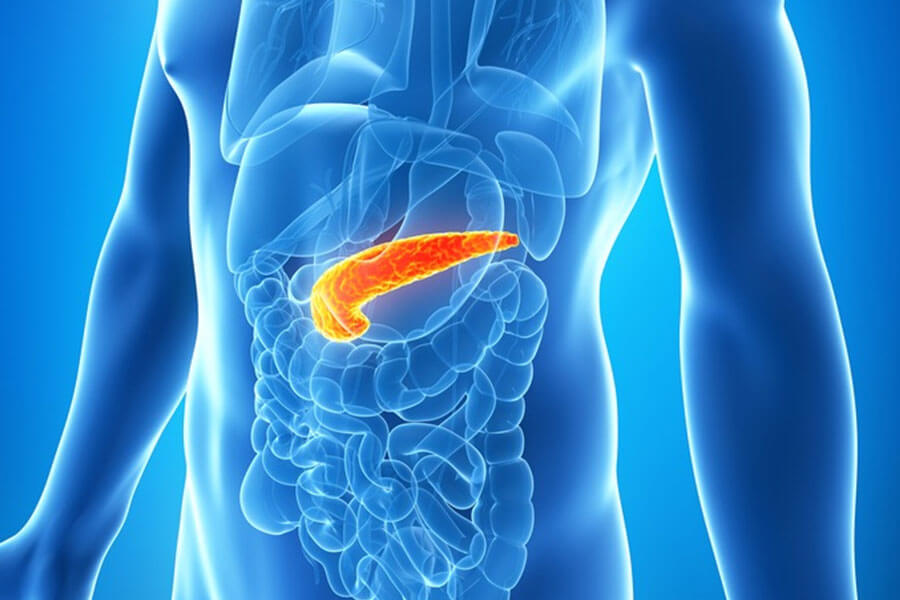- +91 9051161900
- contact@organtransplantindia.com
- Kolkata, India
Pancreas Transplant
A pancreas transplant is a surgical procedure in which a diseased pancreas is replaced with a healthy pancreas from a deceased donor. It is a complex and major operation, but it can be life-saving for people with type 1 diabetes.
Eligibility
To be eligible for a pancreas transplant, you must meet certain criteria. These criteria include:
Having type 1 diabetes that is not responding to other treatments
Being otherwise healthy enough to undergo surgery
Being able to comply with the lifelong medical care that is required after a pancreas transplant
Waiting time
If you are eligible for a pancreas transplant, you will be placed on a waiting list. The waiting time for a pancreas transplant can vary depending on your location and blood type. In the United States, the average waiting time for a pancreas transplant is about 4 months.

Surgery
A pancreas transplant is a complex operation that typically takes several hours. During surgery, the surgeon will remove your diseased pancreas and replace it with the donor pancreas. The surgeon will then sew the donor pancreas into place and connect the major blood vessels.
Recovery
After surgery, you will spend several days in the hospital recovering. You will need to take medications to prevent your body from rejecting the donor pancreas. You will also need to follow a healthy diet and lifestyle to help your new pancreas stay healthy.
Outlook
The outlook for people who receive pancreas transplants is good. Most people who receive a pancreas transplant live for many years and enjoy a good quality of life. According to the United Network for Organ Sharing (UNOS), the 5-year survival rate for pancreas transplant recipients is 75%.
Benefits
Here are some of the benefits of a pancreas transplant:
Can significantly improve quality of life and life expectancy
Can eliminate the need for insulin injections
Can reduce the risk of complications from diabetes, such as heart disease, stroke, and kidney disease
Can allow patients to resume many of their daily activities, such as work, hobbies, and exercise
Can improve mental health and emotional well-being
Risks
However, it is important to note that pancreas transplants are not without risks. These risks include:
Infection
Bleeding
Blood clots
Organ rejection
Death
Organ rejection is a serious complication that can occur after a pancreas transplant. It is a condition in which the body’s immune system attacks the donor pancreas. Organ rejection can be treated with medication, but in some cases, it may lead to failure of the donor pancreas and require another transplant.
The risk of organ rejection is highest in the first few years after a pancreas transplant, but it can occur at any time. To reduce the risk of organ rejection, patients need to take medications that suppress their immune system for the rest of their lives.
Despite the risks, pancreas transplant is a life-saving surgery for many people with type 1 diabetes. If you are considering a pancreas transplant, it is important to talk to your doctor about the risks and benefits of the procedure.
Here are some additional details about pancreas transplants:
The donor pancreas is typically harvested from a deceased donor who has died suddenly and unexpectedly. The donor must be a good match for the recipient in terms of blood type, size, and age.
The pancreas transplant surgery is performed under general anesthesia. The surgeon will make a large incision in the abdomen and open the abdominal cavity. The surgeon will then remove the diseased pancreas and sew the donor pancreas into place.
After surgery, the patient will be placed in the intensive care unit (ICU) for several days. During this time, the patient will be monitored closely for any complications.
Once the patient is stable, they will be transferred to a regular hospital room. The patient will typically stay in the hospital for about 2 weeks after surgery.
After leaving the hospital, the patient will need to continue to take medications to prevent organ rejection. The patient will also need to follow a healthy diet and lifestyle to help their new pancreas stay healthy.
Pancreas transplants can be a life-changing surgery for people with type 1 diabetes. If you are considering a pancreas transplant, it is important to talk to your doctor about the risks and benefits of the procedure.
| Lungs Cost in India generally Includes | Not Included | Average Stay Required in India |
|
|
|
